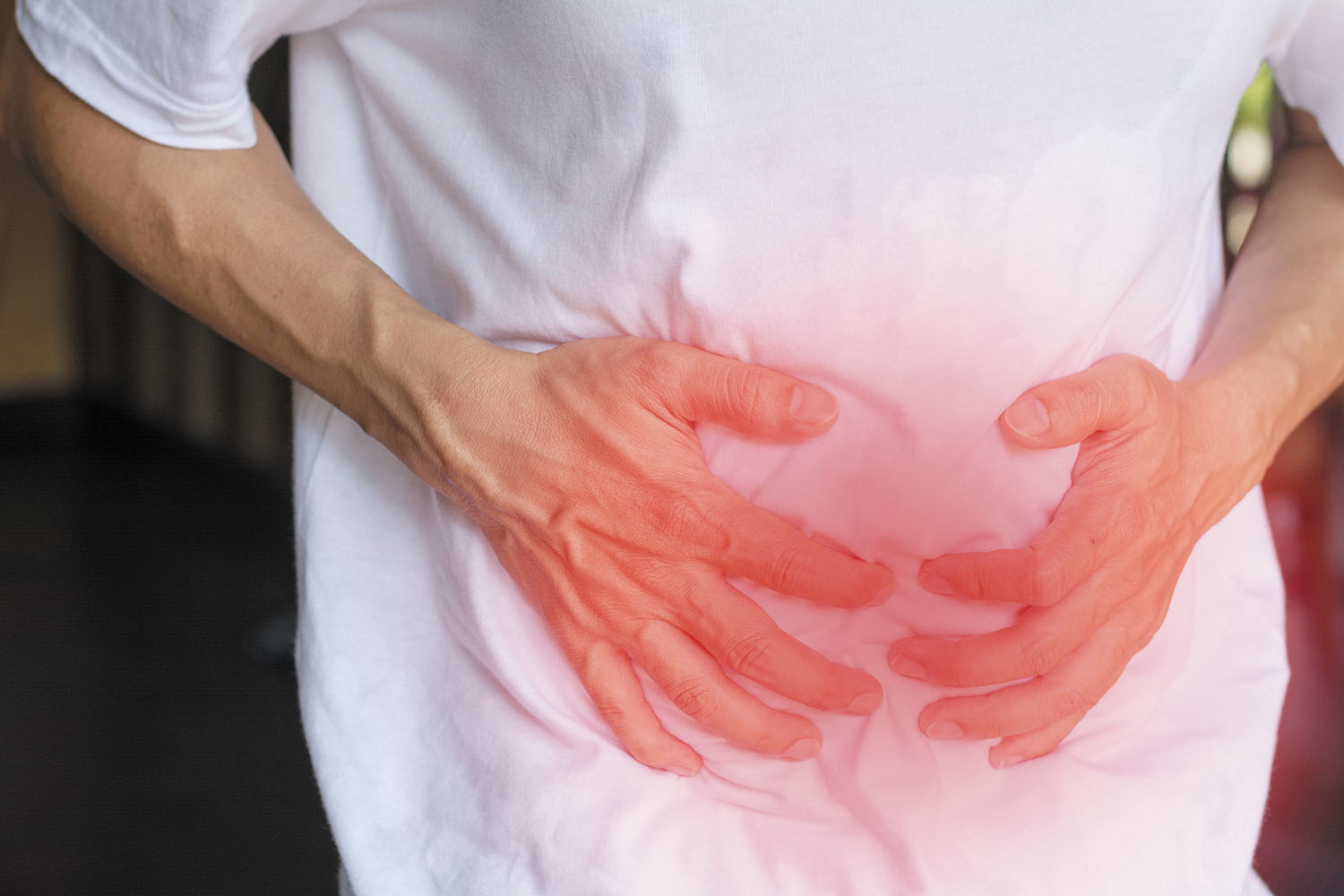
Trying to lose weight? Be careful not to lose muscle

Is your skin problem actually an autoimmune condition?

People with diabetes face higher risk of hearing loss

Antibiotic-free fixes for recurrent UTIs

Musculoskeletal syndrome of menopause: When menopause makes you ache all over

When can older women stop getting mammograms?

To lose weight, especially harmful belly fat, combine diet and exercise

Can men hold off on treating recurring prostate cancer?

The 7 types of rest and why we need them all

What are the early warning signs of cervical cancer?
Bladder & Bowel Archive
Articles
Novel telehealth approach may improve overactive bladder symptoms
A 2022 study found that women with overactive bladder showed significant improvement in urinary symptoms, such as urgency and leakage, after they engaged in a type of telehealth care.
Bracing for incontinence
Among US women ages 60 or older, the prevalence of urge incontinence (a sudden, unprovoked need to urinate) and stress incontinence (leaking urine with physical activity or pressure on the bladder) appeared to increase between 2005 and 2018. Treatments for urge incontinence include lifestyle modifications (such as avoiding caffeinated drinks or scheduling bathroom breaks), pelvic floor exercises, medications, and Botox injections. Treatments for stress incontinence include pelvic floor exercises, weight loss, vaginal pessaries, bulking agent injections, and bladder sling surgery.
Why do I need to urinate right when I get home?
A sudden urge to use the bathroom when arriving home, sometimes called latchkey incontinence, occurs when the brain associates coming home with the need to urinate, whether the bladder is full or not. Bladder training may help address this pattern.
When urinary tract infections keep coming back
Low-dose antibiotics can help women who are prone to UTIs. They can be used after sex, only when symptoms occur, or continuously.
The dos and don'ts of managing diverticular disease
People who have diverticular disease have tiny pouches (diverticula) in the lining of the colon that can bleed or perforate and develop infection (called diverticulitis). People with diverticular disease should eat a healthy diet rich in fiber, drink lots of water, exercise regularly, maintain a healthy weight, not smoke, avoid straining in the bathroom, and report bleeding or pain to a doctor. However, it's not necessary to avoid eating nuts, seeds, or popcorn, which were once believed to lodge in diverticula and cause problems. That old advice turned out to be wrong.
Less may be more when treating urinary tract infections
Keep ultra-processed foods off the menu
Inflammatory bowel disease on the rise in older adults
Chronic gut inflammation: Coping with inflammatory bowel disease
How to hydrate

Trying to lose weight? Be careful not to lose muscle

Is your skin problem actually an autoimmune condition?

People with diabetes face higher risk of hearing loss

Antibiotic-free fixes for recurrent UTIs

Musculoskeletal syndrome of menopause: When menopause makes you ache all over

When can older women stop getting mammograms?

To lose weight, especially harmful belly fat, combine diet and exercise

Can men hold off on treating recurring prostate cancer?

The 7 types of rest and why we need them all

What are the early warning signs of cervical cancer?
Free Healthbeat Signup
Get the latest in health news delivered to your inbox!
Sign Up











